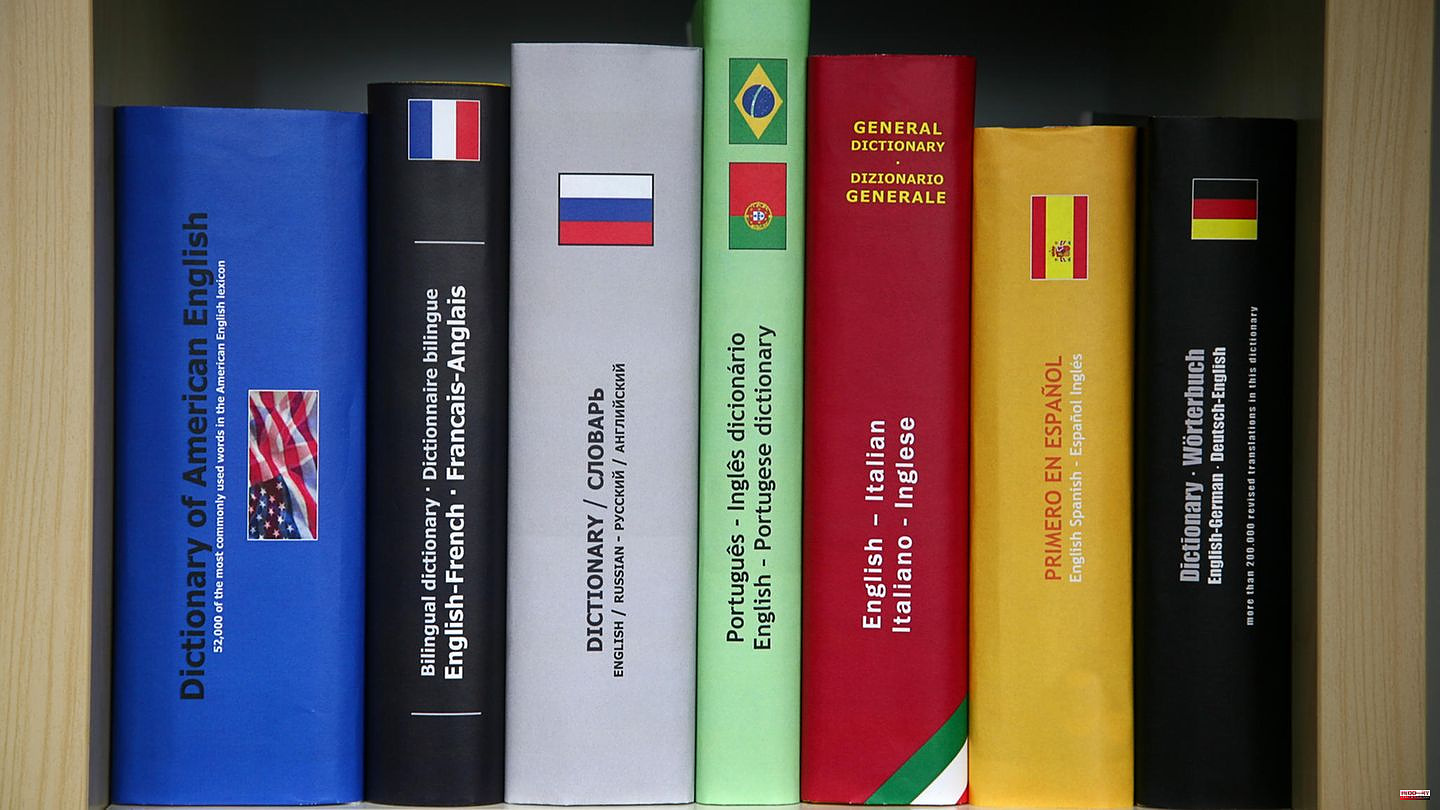Every year, the Society for the German Language chooses the word of the year. In 2022, the choice fell on "a turning point" - an expression that Federal Chancellor Olaf Scholz coined in his government statement after Russia's attack on Ukraine. "German economic and energy policy had to be completely realigned," explained the Society for German Language and also recognized an "emotional turnaround" in many people - out of "fear and concern about a nuclear war in Europe, even a third world war".
A word of the year is not only selected in Germany, this is also a tradition in many other countries. In some countries, different institutions even choose their own word of the year. The expressions give an impression of the attitude towards life that prevailed in the respective language areas that year.
In Great Britain, the publishers of the two well-known dictionaries Oxford English Dictionary and Collins English Dictionary announce a word every year that they consider particularly influential. The publisher Oxford University Press had Internet users vote for the first time in 2022, and the expression Goblin Mode got the most votes. According to the publisher, this describes behavior "that is uncompromisingly complacent, lazy, sloppy, or greedy, typically in a way that rejects social norms or expectations". In particular, dress codes or social interactions are rejected.
Collins chose the term permacrisis, which describes the crisis year 2022: the climate crisis, the Ukraine war, inflation and the corona pandemic all challenged society at the same time. In England there were also changes in government and the aftermath of Brexit.
In the USA, Merriam Webster Verlag named the term gaslighting word of the year - a form of manipulation and emotional abuse. An attempt is made to unsettle another person by questioning their perception. According to the publisher, searches for it have increased by 1740 percent this year.
In other countries, as in Germany, the vote for the word of the year was closer to socio-political events. This is how the word inflation made it to the top in Austria. "The price increases of ten percent and more are a new and unfamiliar phenomenon for most people, which are caused by high energy prices and the Ukraine war and are massively reducing the standard of living of many people," explained the jury. The nonsense of the year also went well with this: energy crisis. "Inflation" was also voted word of the year in Bulgaria.
There are four winners in multilingual Switzerland. In the German-speaking area, power shortages won the race. This describes the supply uncertainty. The consequences of the Ukraine war are also evident here, but the word is not common in other German-speaking countries. After that, penuria was chosen as word of the year for Italian Switzerland, in Romansh mancanza. Translated into German, both mean "lack".
In the French-speaking part of the country, boycotter ("to boycott") was at the forefront, especially because of the discussions about the Olympic Games in Beijing and the World Cup in Qatar.
South Africa was also about electricity and energy. The term load shedding caught on there. This refers to the scheduled shutdown of electricity for a few hours a day to prevent grid overload. In South Africa, such failures were almost the order of the day this year.
On the other hand, things were much more carefree in Japan. The expression Murakami-sama was awarded there, according to the language-learning app Duolingo, which translates as "God Murakami". That's what baseball player Murakami Munetaka has been called by fans since he broke the existing home run record this year.
Sources: German Language Society / Oxford University Press / Collins / SRF












